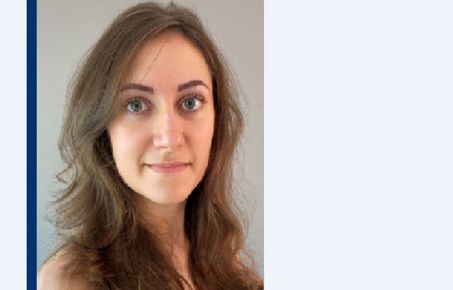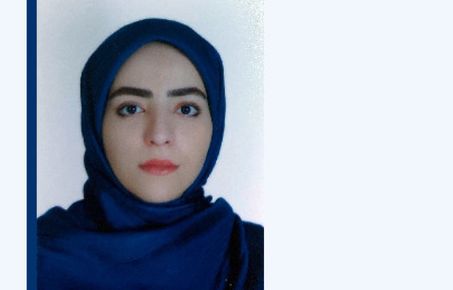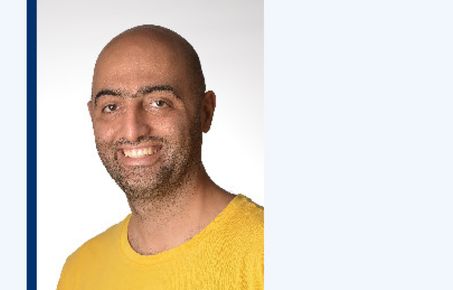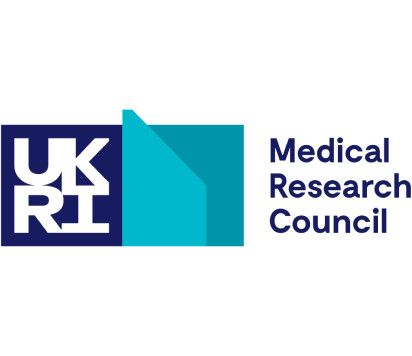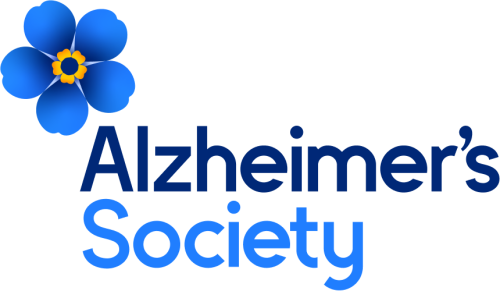PostDoc & PhD students
Vikki, Ullrich, Kirsten
Amer/ Francesca/ Helen

Amer Marzuki
Amer develops and maintains the web application that is being used by clinicians to monitor people living with dementia remotely. The web application displays important information regarding patient wellbeing, as well as generating time-sensitive alerts that may require intervention by clinicians.

Francesca Palermo
Francesca’s primary goal is to detect episodes of agitation in people living with dementia by applying a deep learning model on in-home monitoring data. Agitation is a neuropsychiatric symptom that negatively impacts the Activities of Daily Living and independence of individuals. Detecting agitation episodes can assist in providing early and timely interventions.

Helen Lai
Helen is interested in the translation of group-level data to address individual-level needs. Working with health and social care providers as well as people with dementia, she is testing the implementation of digitally-enabled care within the local community. In parallel, she is extracting trends among people with dementia in population data, using domains such as multimorbidity and frailty to predict clinical outcomes such as infections.
Martin/ Mike/ Alina

Martin Tran
Martin works as part of the Synthetic Biology group, where they aim to develop novel point-of-care diagnostics for early detection of infections in people living with dementia. His role is to use molecular biology techniques to characterise the urinary microbiome and bacterial strains responsible for infections, to identify potential biomarkers for detection.

Michael David
Michael uses detailed MRI brain scans to assess damage within patient’s noradrenaline centre. The brain chemical noradrenaline is particularly important for attention. Attention - focusing on relevant information - is often affected early in Alzheimer’s disease. Patients notice early and disabling problems with attention and concentration, which worsen memory problems.
Nan/ Alexander/ Emma

Alexander Capstick
Alexander’s work is focused on building machine learning models that can make clinical predictions about people’s health. Specifically, he is working on making models adaptable to changing environments and researching into how they can learn from few examples.
Magda/ Ciro/ Martina

Martina Del Giovane
Martina’s research aims to develop and validate a computerised cognitive assessment showing sensitivity to dementia-related impairments and to different dementia subtypes. This tool could improve the initial diagnosis of dementia and help monitor patients remotely, tracking disease progression and response to treatment.
Karl, Niall, Kiran
Maria, Ghena, Neil
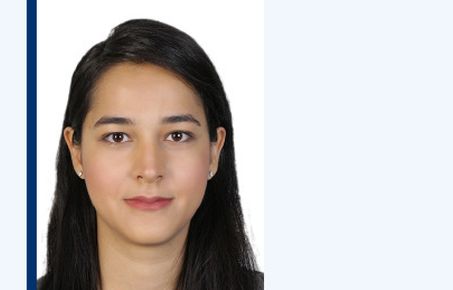
Ghena Hammour
Ghena’s research focuses on the development of Hearables, an in-ear device, for neural and physiological monitoring in patients with chronic diseases. This aims to improve patients' quality of life by providing the means for unobtrusive and continuous sensing at an affordable cost.
Hazel/ Adrien/ Roonak

Hazel May
Blast traumatic brain injury (bTBI) affects military and civilians and due to recent wars, their prevalence has increased. Milder cases of bTBI can go undetected and leave the brain vulnerable. Hazel’s work consists of investigating the outcome of blast shockwaves on the brain using an animal model. She investigates the physiological and neurological effects over time and will compare it to a computational model and human findings to better understand mild bTBI.
Elaheh/ Hamed/ Nivedita
Alan/ Samaneh

Established in 2017 by its principal funder the Medical Research Council, in partnership with Alzheimer's Society and Alzheimer’s Research UK, The UK Dementia Research Institute (UK DRI) is the UK’s leading biomedical research institute dedicated to neurodegenerative diseases.




